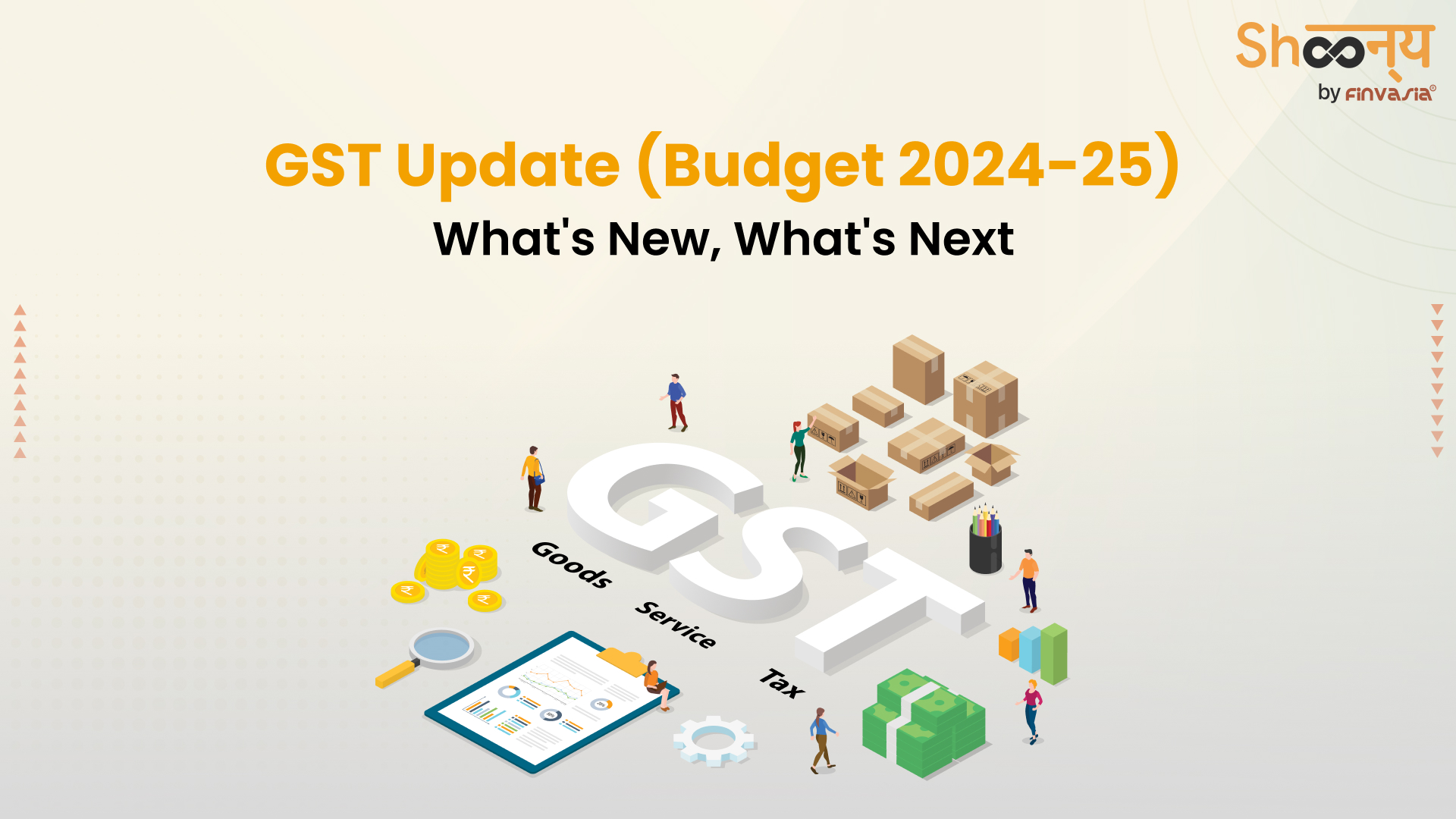Changes in the GST Act That Everyone Should Know

Budget 2024-25 has been one of the most awaited budgets of all time. While it disappointed the investors and traders, it somehow managed to make common people happy with the tax slab changes and mainly changes in the GST regime. In our previous article, we discussed all the major facts discussed in the Budget for this year especially related to the direct taxes, and in this article, we will be discussing the GST solely.
Major GST Changes in Budget 2024-25
- As per the amendments of Section 9 of the CGST Act, Section 5 of the IGST Act, and Section 7 of the UTGST Act, from now onwards, un-denatured extra-neutral alcohol, which is also known as rectified spirit that is required in the preparation of alcoholic liquor for human use, will be out of GST purview. This can bring down the prices of alcohol as experts suggest.
- Section 13 has been amended to assist in the determination of supply duration for services. This is for those where the invoices need to be generated and submitted in reverse charge scenario by the recipients.
- Section 54(15) has been amended and now no GST refund of unutilized ITC or IGST will be allowed for a Zero-rated supply of goods on which export duty is levied.
- Section 107 of CGST Act has been modified, and now one can file appeals for pre-deposit of ₹ 20 crores as well which was earlier ₹ 25 crores. The same under the IGST Act, has been reduced from ₹ 50 crores to ₹ 40 crores.
New Sections Included in GST Act
- As per new section 74A which was introduced during the budget this year, any tax amount that has been either not paid, refunded by mistake, or underpaid, or input tax credit availed erroneously or utilized due to any reason will be determined and the taxpayer/defaulter will have to reason to the tax officer against the notice served. However, this is only applicable if the amount is over and above ₹ 1000 in a financial year starting 2024-25.
- Section 11A has been introduced to regularize short-levy or non-levy of central tax by the government due to any existing trade practices.
- Sub-section (5) has been retrospectively introduced in Section 16 to allow ITC claims on debit notes and invoices from FY 2017-2018 to FY 2020-2021.
- Section 128A has been inserted in the GST Act to introduce conditional waiver of penalty and interest for raised demands u/s 73. This is for the financial years 2017-18 to 2019-20.
How GST Changes can affect businesses and the economy?
The changes made to the GST Act seem to be positive for the business environment of the economy. Allowing ITC claims for earlier years, conditional waiver of interest and penalties, and reduction of pre-deposit for appeals can help the small-scale and midscale businesses grow. However, there are many other proposed changes and schemes, which will be announced in the coming days.
Source: https://www.taxmann.com
______________________________________________________________________________________
Disclaimer: Investments in the securities market are subject to market risks; read all the related documents carefully before investing.








